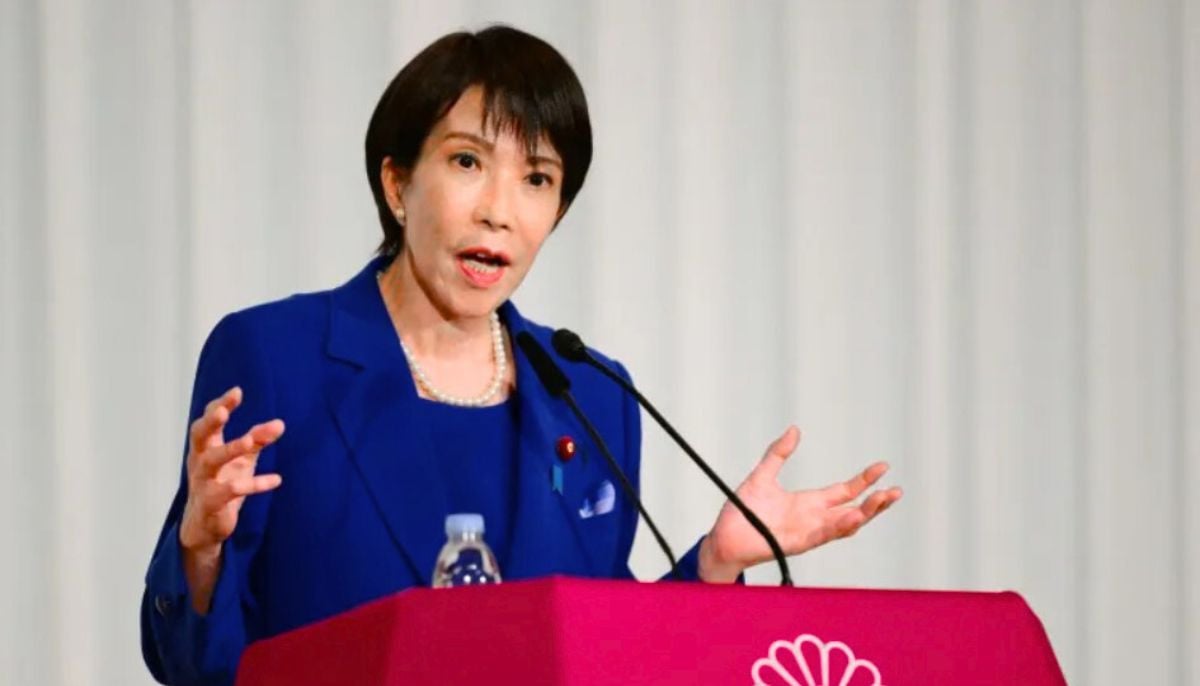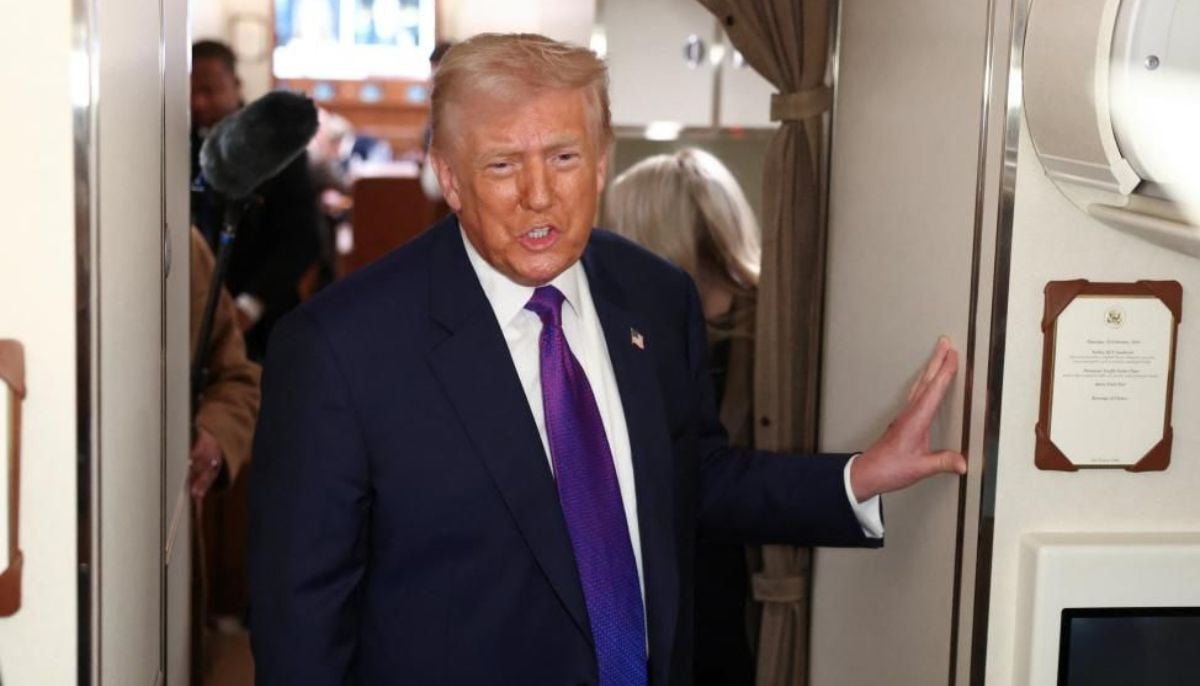India-Canada spar over Khalistan Referendum through travel, safety advisories
The Canadian government excludes 'Wagah Border crossing' in its advisory for its citizens
LONDON: After over 110,000 Sikhs came out to vote for Khalistan Referendum in the Canadian city of Brampton, a public diplomatic spar has erupted between Canada and India which latest bout came from the former government's last night after the Trudeau administration issued a chilling travel advisory to its citizens warning them about potential security threats in case of travel to several states of India, particularly Punjab — the proposed Sikh homeland Khalistan.
The Canadian government issued the travel advisory exactly four days after India issued an aggressive advisory on September 23 for its Indian nationals and students living in or planning to travel to Canada, telling its citizens that the country had become a hotbed of pro-Khalistan and anti-India activities. At the same time, India’s Foreign Office openly attacked the Canadian government for showing tolerance toward local Sikhs.
In an unprecedented tit-for-tat move, Canada has now advised its citizens to avoid all travel to areas in the states of Gujarat, Punjab, and Rajasthan which share a border with Pakistan due to the “presence of landmines” and “unpredictable security situation” on the Indian side of the border.
Conspicuously, while listing the threats on the Indian side of the border, Canada specifically excluded the 'Wagah Border' which falls in Punjab and is heavily frequented by Sikh pilgrims to visit Gurdwaras in Pakistan from any threats and declared it safe. The Canadian advisory states: "This advisory excludes the Wagah Border crossing.”
Seemingly, what lies at the bottom of the ongoing exchange of travel advisories are India and Canada's opposing views on the issue of Khalistan Referendum.
While India — after domestically declaring the advocacy, campaign, and voting in Khalistan Referendum as "crime" and "terrorism" and prosecuting the campaigners in Indian Punjab — is now insisting that Canada must also disallow and ban Khalistan Referendum activities on Canadian soil whereas Canada has taken a firm stand that peaceful and non-violent secessionist advocacy on Canadian soil such as Khalistan Referendum voting, is a protected exercise of freedom of speech by the Canadian Sikhs.
Clearly pointing to India's perverse use of landmines along the border areas which could harm and kill Indian citizens and other innocuous tourists before harming any purported enemy, the Canadian advisory states: “Avoid all travel to areas within 10km of the border with Pakistan in the following states due to the unpredictable security situation and presence of landmines and unexploded ordnance: Gujarat, Punjab, Rajasthan.”
Earlier, India’s External Affairs Ministry Spokesperson Arindam Bagchi said India had raised with Canada serious concerns on the Khalistan Referendum voting on September 18 in Brampton.
“The matter has been taken up with the Canadian authorities through diplomatic channels. The government of Canada has reiterated that they respect the sovereignty and territorial integrity of India and they will not recognise the so-called referendum which is taking place in Canada,” the MEA spokesperson said.
In a journalistic scoop, Geo.tv and The News had already revealed, quoting the Canadian government sources, days before the public sparring between the two countries that the Indian governmenthas attempted to stop Khalistan Referendum by putting pressure on the Canadian government.
India was told that any peaceful and legitimate activity by Canadian Sikhs will not be stopped and the Canadian government will not interfere in the Sikhs' right to peaceful advocacy on Canadian soil for the creation of Khalistan in the Indian-governed region of Punjab.
-
Milo Ventimiglia recalls first meeting with Arielle Kebbel on the sets of 'Gilmore Girls' amid new project
-
Leading astrophysicist shot dead at southern California home
-
Will Savannah Guthrie ever return to 'Today' show? Here's what insiders predict
-
Amazon can be sued over sodium nitrite suicide cases, US court rules
-
Patrick Dempsey reveals Eric Dane's condition in final days before death
-
Epstein estate to pay $35M to victims in major class action settlement
-
South Korea’s ex-President Yoon issues public apology after being sentenced to life over martial law
-
Trump officially directs US agencies to identify and release files on extraterrestrial life













